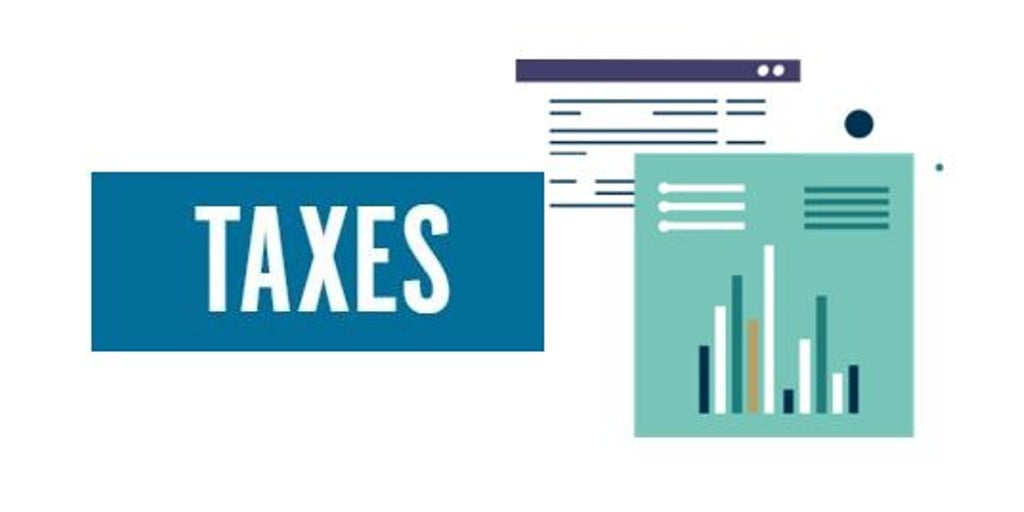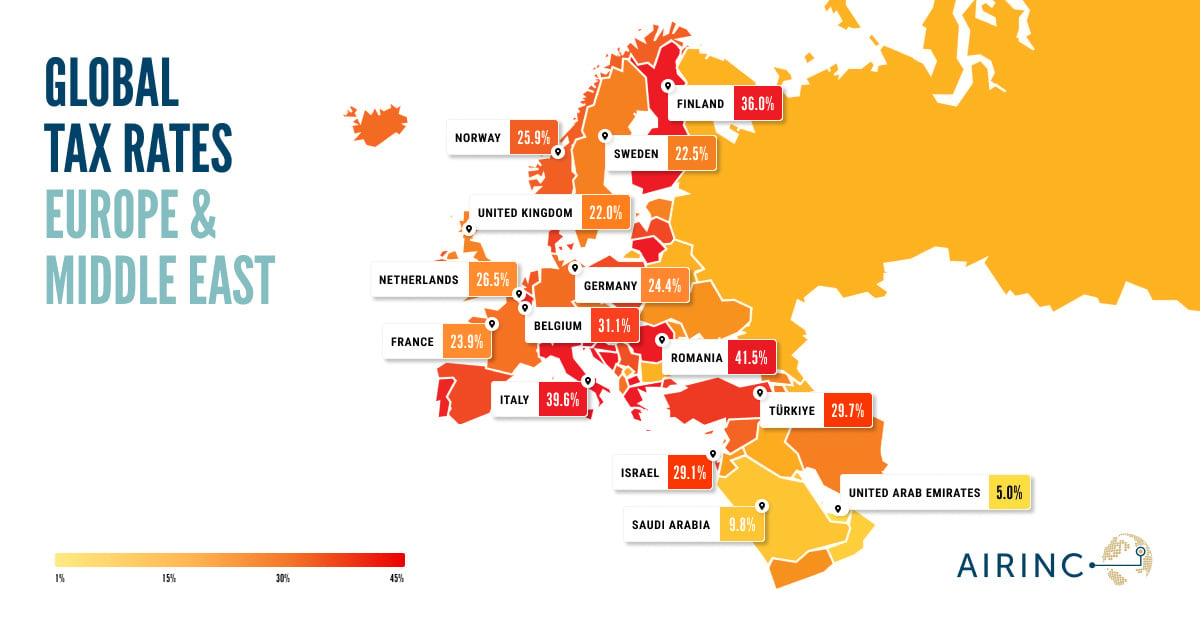Ukraine is demonstrating resolve in the war with Russia. This includes their approach to tax compliance and administration. As of February 27, 2022, the Ukraine government is saying that tax collections are ‘business as usual’. Despite the military activities and martial law, the State Tax Service will continue to carry out normal tax operations. All taxpayers in Ukraine are expected to pay their taxes according to standard procedures and within the deadlines. In fact, taxpayers are urged to make advance tax payments and fees to help support the war effort. Any excess advance payments will be applied to future tax obligations.
The other key tax development that that was announced recently is a suspension of the electronic invoicing system used for Excise Tax. The suspension is due to the government declaring Martial Law. This was done to protect the personal information of taxpayers from potential hackers and allow time to implement additional information security measures for the electronic invoicing system.
Ukraine has been focused on maximizing tax revenues to help fund the war effort. Under current tax law, individuals are subject to a flat 18% income tax rate. In addition, a ‘military levy’ or ‘defense tax’ of 1.5% is assessed and has been in effect since 2014 when Crimea was annexed and hostilities in eastern Ukraine began. This results in a flat 19.5% combined individual income tax rate. Employees don’t pay social security contributions, while employers contribute 22% for social security up to a maximum of UAH 237,600 per year.
In January 2022, the Ukrainian parliament proposed significant changes to the tax system. The draft law proposed combining the individual income tax, the defense tax, and the social security contribution into a unified individual income tax rate with an effective implementation date January 2023.
The unified rate would be a flat rate, and would taper over several years:
- 29% in 2023
- 26% in 2024
- 23% in 2025 and
- 20% from 2026 onwards
The Ukraine State Tax Service has also been offering a special amnesty program to encourage taxpayers to disclose previously undeclared income and assets. The amnesty program is effective from July 2021 to July 2022 and has allowed taxpayers to disclose these items, pay a lower tax rate, and avoid criminal liability for tax evasion. The goal was to increase state tax revenues and requires full payment of the tax at the time of the amnesty declaration. To qualify for the amnesty, the tax amounts due must be paid as a one-time fee.
We will continue to monitor tax developments in Ukraine and Russia as the conflict continues.





%20(31).png)
%20(18).jpg)

